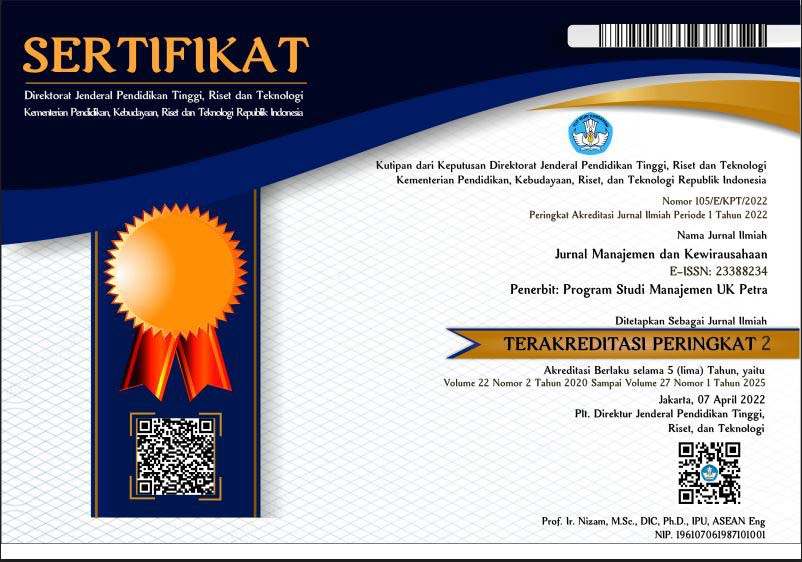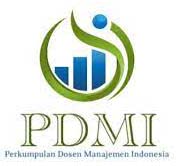Peran Kondisi Pemangku Kepentingan Dalam Keberhasilan Proyek
DOI:
https://doi.org/10.9744/jmk.13.2.135-150Keywords:
stakeholder condition, uncertainty, project successAbstract
There is a natural tendency for a stakeholder groups to try to influence their condition in project success. This presents a challenge for construction project player in analyzing and managing these various concerns and needs in the implementation of project. The aim of the research presented here is to show how well the factors affecting the stakeholder condition in project success. These uncertainty condition factors that come from stakeholder can be identified into three parts: stakeholder impact, stakeholder engagement, and stakeholder psychological empowerment. It was hypothesized that project success is influenced by stakeholder impact, stakeholder engagement, and stakeholder psychological empowerment. The data obtained from a questionnaire survey administered to 204 respondents as construction project players were analyzed by using Structural Equation Modeling (SEM). The results of this research verify the hypothesis suggested. Stakeholder condition that can be defined as stakeholder impact, stakeholder engagement, and stakeholder psychological empowerment has a positive significance related to project success.Downloads
Published
2012-02-07
How to Cite
Chandra, H. P., ., I., Wiguna, I. P. A., & Kaming, P. (2012). Peran Kondisi Pemangku Kepentingan Dalam Keberhasilan Proyek. Jurnal Manajemen Dan Kewirausahaan, 13(2), 135–150. https://doi.org/10.9744/jmk.13.2.135-150
Issue
Section
Articles
License
Authors who publish on this journal agree to the following terms:
- Authors retain copyright and grant the journal right of first publication with the work simultaneously licensed under a Creative Commons Attribution License that allows others to share the work with an acknowledgement of the work's authorship and initial publication in this journal.
- Authors are able to enter into separate, additional contractual arrangements for the non-exclusive distribution of the journal's published version of the work (e.g., post it to an institutional repository or publish it in a book), with an acknowledgement of its initial publication in this journal.
- Authors are permitted and encouraged to post their work online (e.g., in institutional repositories or on their website) prior to and during the submission process, as it can lead to productive exchanges, as well as earlier and greater citation of published work (See The Effect of Open Access).

















